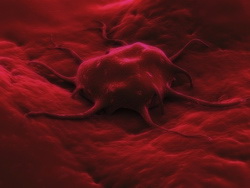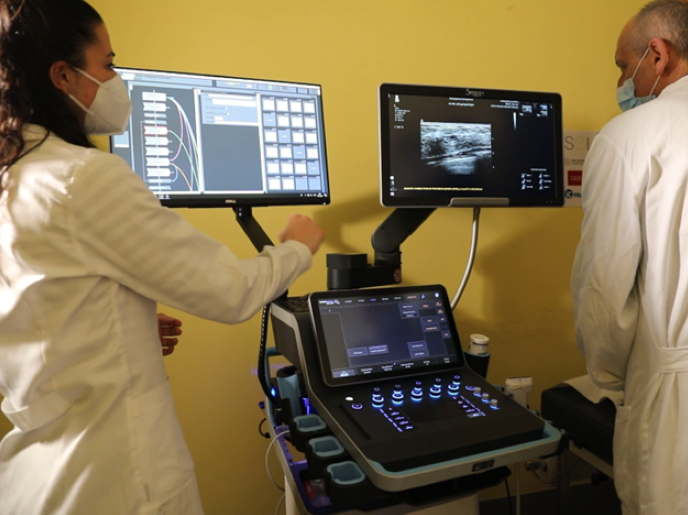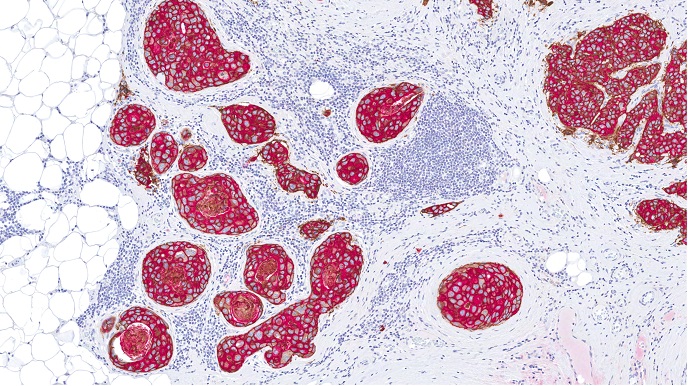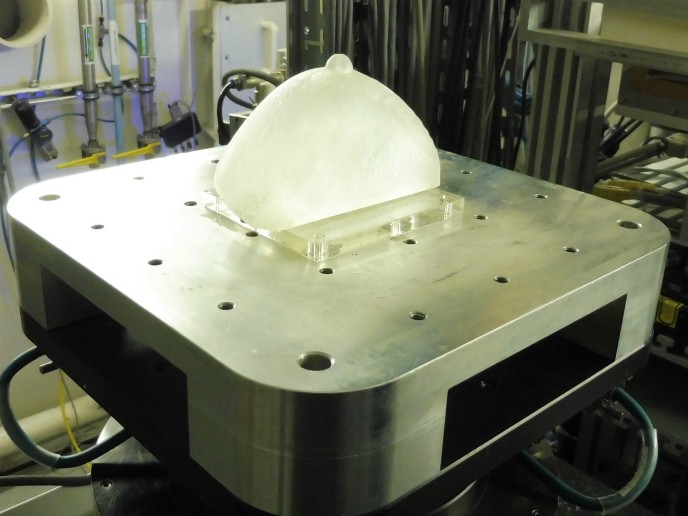Introducing another dependence receptor – Notch3
DRs hold the fate of a cell either by interacting with a ligand to survive or, in the absence of a ligand, when cell death or apoptosis is induced. Not surprisingly, there is a link between the survival function and many cancers, and DRs have therefore become a target for therapeutic strategies. Getting a cell to choose the cell death pathway via a DR is a good way to eliminate the cancer. The 'Investigating a novel role of Notch3 as a dependence receptor and its relevance in vivo' (Notch3dr) project investigated the newly discovered DR, as in the project name, Notch3. Project scientists found that overexpression of Notch3 induced apoptosis in a wide range of cancer cells. Evidence of the dual nature of Notch3 occurs when cancer cells expressing Notch3 are cultured with cells expressing ligands. In this situation, cell death does not occur. From the molecular point of view, the team showed that apoptosis occurs in the presence of caspases, enzymes implicated in the apoptotic pathways. Moreover, caspase-9 is absolutely necessary for Notch3-induced apoptosis. The link appears to be that caspases cleave Notch3 during the induction process; the scientists aim to further test this hypothesis by using mutants without the cleaving caspases. Specifically looking at the involvement of Notch3 in lung and breast cancer cell lines, the researchers found links between a number of ligands. There were correlations between delta like ligand-4 (Dll-4) and Jagged-2, and Notch3 ligands in lung and breast cancer respectively. Furthermore, Jagged-1 was observed to increase significantly in renal cancer patients and, most importantly, induced cell death when inhibited. The way forward according to Notch3dr scientists is to induce Notch3 DR activity in cancer cells. Another promising approach is to develop agents that are Notch3 specific therefore reducing toxicity while increasing specificity.






